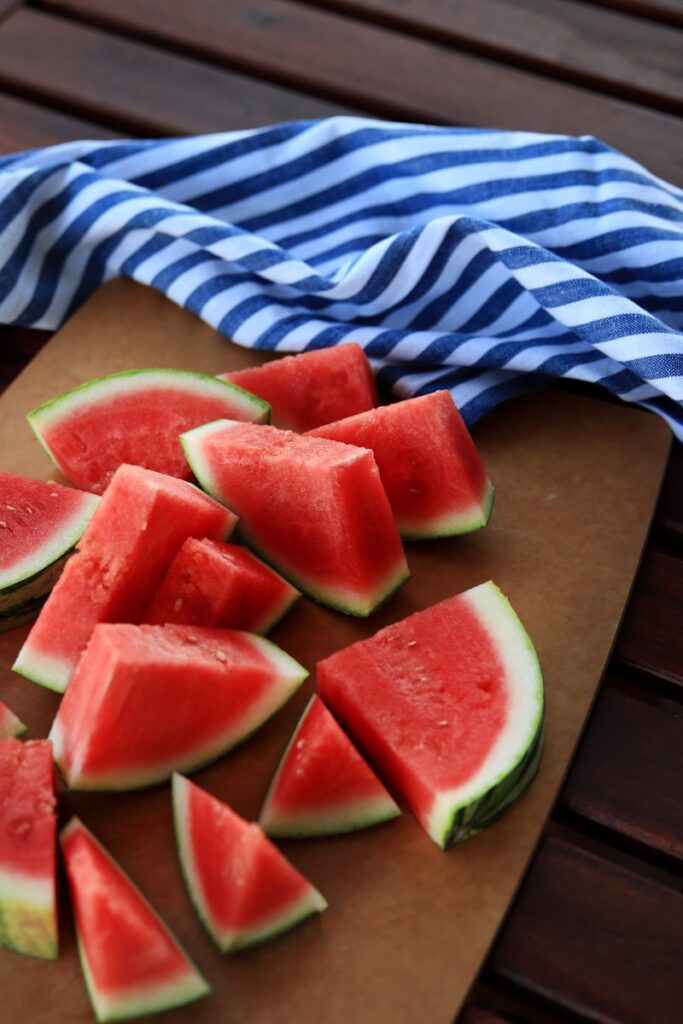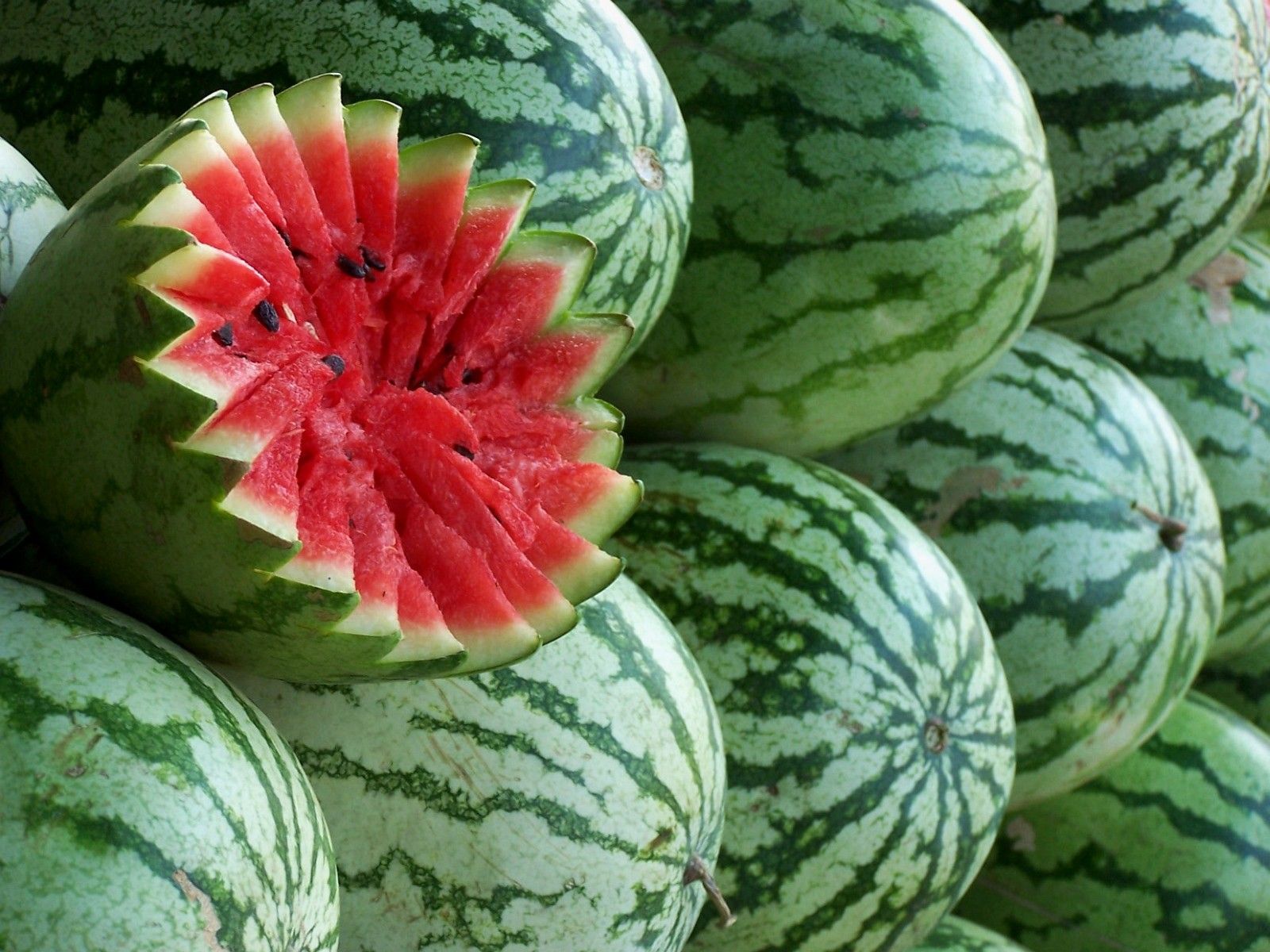
For individuals navigating the complexities of diabetes, the question of which foods are safe to enjoy can often feel like a puzzle. One popular fruit that frequently sparks curiosity, especially as the weather warms, is watermelon. Its refreshing sweetness naturally leads many to wonder about its potential impact on blood sugar levels, often prompting caution or even complete avoidance.
However, the good news is that this beloved summery fruit can indeed be a part of a diabetes-friendly diet when approached with knowledge and moderation. Understanding how watermelon interacts with your body, particularly concerning its natural sugars, is crucial for making informed dietary choices that support your health goals.
In this comprehensive guide, we’ll delve deep into watermelon’s nutritional profile, clarify the nuances of its glycemic impact, and provide practical, evidence-based strategies for incorporating it safely into your meal plan. Our aim is to empower you with the insights needed to enjoy watermelon without compromising your blood sugar management, turning uncertainty into confidence.
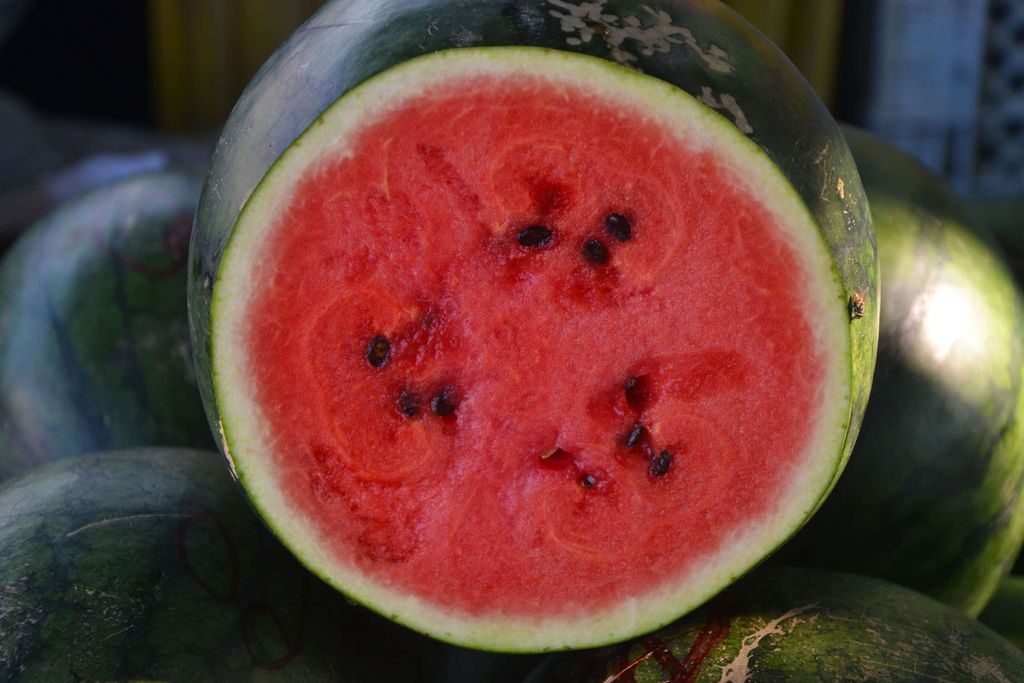
1. **Understanding Watermelon’s Nutritional Profile**Watermelon is far more than just a sweet treat; it boasts an impressive nutritional profile that contributes significantly to overall health. Primarily composed of water, making up approximately 91-92% of its weight, it offers remarkable hydration benefits. A 100-gram serving typically contains around 30 calories, 7.6 grams of carbohydrates, and 6.2 grams of natural sugars, predominantly fructose, glucose, and sucrose, with fructose being the most abundant.
Beyond its hydrating properties, watermelon is a valuable source of essential vitamins. It’s rich in vitamins A, B6, and C, each playing a vital role in bodily functions. Vitamin A is crucial for maintaining healthy eyes and skin, while Vitamin B6 assists in breaking down proteins and supports both nerve function and the immune system. Vitamin C further bolsters the immune system and aids in the body’s absorption of iron, contributing to robust health.
This vibrant fruit also stands out for its high concentration of lycopene, a potent antioxidant. Antioxidants naturally occurring in fruits and vegetables are essential for protecting cells from damage caused by free radicals. Lycopene, in particular, has been recognized for its potential to lower the risk of cardiovascular disease, certain cancers, and age-related eye disorders. Notably, watermelon contains higher concentrations of lycopene than any other fruit or vegetable, underscoring its significant antioxidant power. Furthermore, it is naturally free of cholesterol, fat, and sodium, making it a healthy addition to any diet when consumed mindfully.
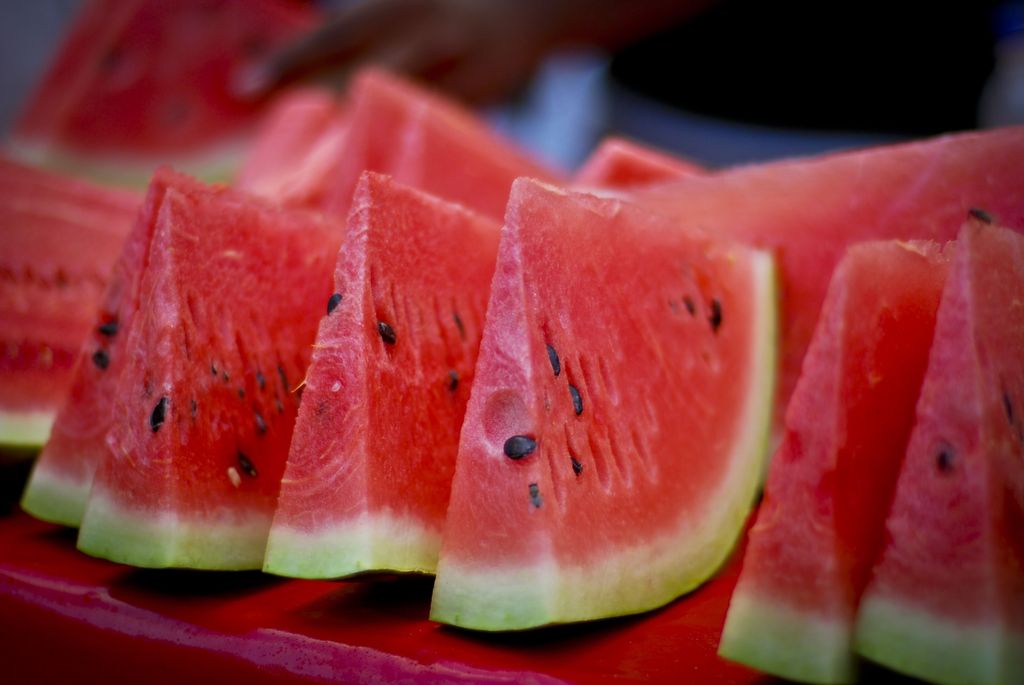
2. **Watermelon and Potassium Levels**Watermelon is a good source of potassium, an essential electrolyte and mineral that plays a critical role in maintaining proper fluid levels within cells. This mineral is vital for various bodily functions, including nerve signals, muscle contractions, and regulating blood pressure, which is particularly important for individuals managing diabetes who may also face cardiovascular concerns.
For people living with type 2 diabetes, managing potassium levels can sometimes be complex. Fluctuations in potassium are not uncommon, partly because elevated blood sugar levels can impact how potassium moves in and out of cells. Insulin, a key hormone in diabetes management, is known to facilitate the movement of both glucose and potassium into cells, highlighting the intricate connection between blood sugar and mineral balance.
Given these potential fluctuations, your healthcare provider will likely monitor your potassium levels regularly. They can offer personalized guidance on the appropriate amount of potassium intake for your specific condition. Integrating potassium-rich foods like watermelon into your diet should always be done in consultation with your doctor to ensure it aligns with your individual health needs and management plan.
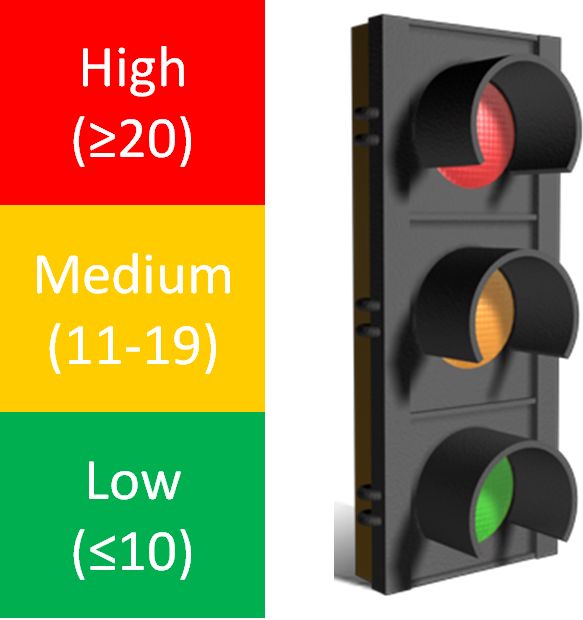
3. **Decoding Glycemic Index (GI) vs. Glycemic Load (GL)**Understanding how foods affect blood sugar is paramount for individuals with diabetes, and this involves distinguishing between the glycemic index (GI) and glycemic load (GL). The glycemic index is a ranking system that measures how quickly a specific food can elevate blood glucose levels after consumption. Watermelon has a relatively high GI score, typically ranging from 72 to 80, which initially suggests that its natural sugars could enter the bloodstream quite rapidly.
However, relying solely on the GI can be misleading, especially for fruits like watermelon. This is where the glycemic load (GL) provides a more comprehensive picture. The GL takes into account not only the GI of a food but also the actual amount of carbohydrates delivered in a standard serving size. While watermelon’s GI is high, its exceptionally high water content means that a typical serving contains a relatively low amount of carbohydrates overall.
Consequently, the glycemic load of watermelon is considered low, usually falling between 5 and 8. This low GL indicates that, despite its high GI, a moderate portion of watermelon is unlikely to cause a significant or rapid spike in blood sugar. For effective diabetes management, focusing on the glycemic load often provides a more practical and helpful guide than the glycemic index alone, allowing for more informed food choices.
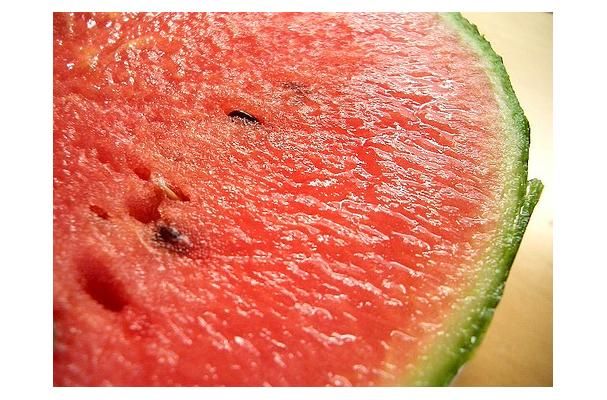
4. **Determining a Healthy Watermelon Portion Size**When incorporating fruit into a diabetes-friendly diet, portion control is an absolutely critical factor. For fruits in general, a serving that contains approximately 15 grams of carbohydrates is typically considered a healthy and manageable choice for most individuals with diabetes. This guideline helps in balancing carbohydrate intake and preventing unexpected blood sugar fluctuations.
Specifically for watermelon, a sensible and recommended serving size is about one cup of diced fruit. This portion, equating to roughly one small wedge or two to three thin slices, contains approximately 9 to 11 grams of natural sugars or carbohydrates. Compared to a slightly larger portion of about 1 1/4 cups of diced watermelon, which delivers around 15 grams of carbohydrates, a one-cup serving offers a lower carbohydrate intake while still allowing you to enjoy the fruit’s delicious benefits.
Many healthcare professionals recommend aiming for around two servings of fruit per day for people with diabetes, though this can vary based on individual conditions and needs. If you regularly count carbohydrates or adhere to a structured diabetes meal plan, you can easily factor a one-cup serving of watermelon into your daily allowance. Tools such as the Diabetes Plate Method or specialized carb tracking apps can further assist in keeping your portions balanced and aligned with your glycemic targets, ensuring the total amount of sugar consumed remains controlled.
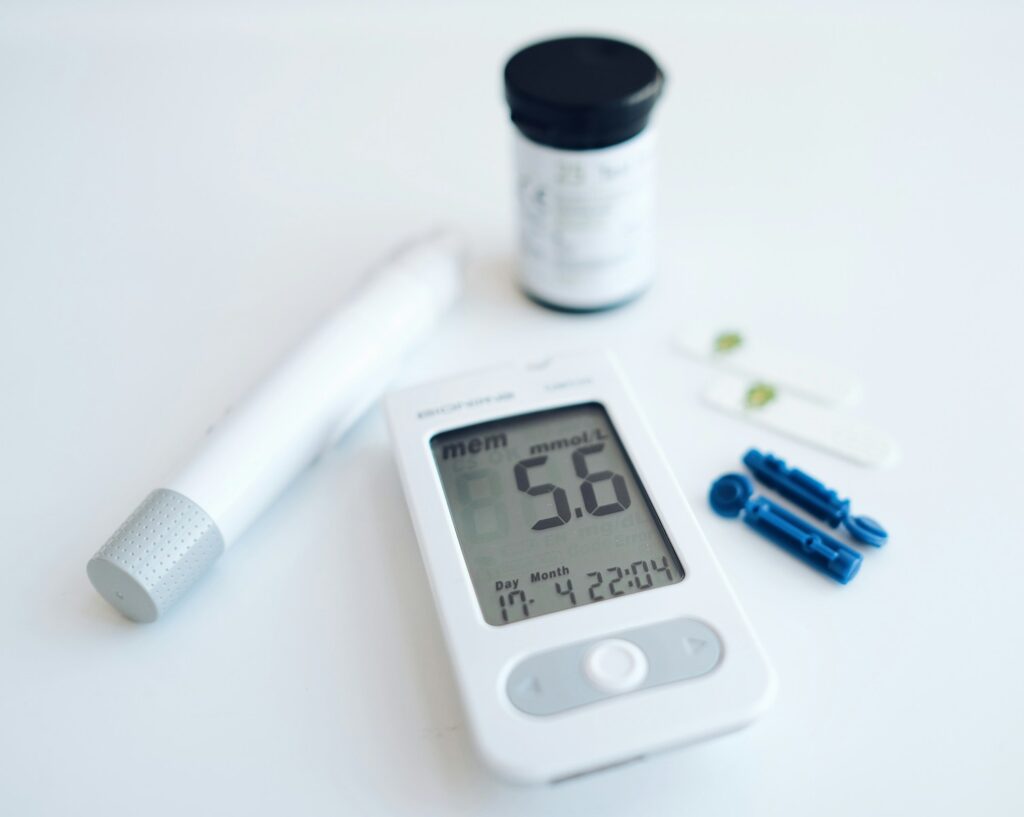
5. **Strategic Pairing for Better Blood Sugar Control**One of the most effective strategies for enjoying watermelon while managing blood sugar levels is to pair it thoughtfully with other foods. Consuming carbohydrates like watermelon alongside sources of protein, healthy fats, or fiber can significantly slow down the absorption of its natural sugars into the bloodstream. This deliberate pairing helps to delay digestion, leading to a more gradual and sustained rise in blood glucose, rather than a sharp spike.
For a healthy and satisfying snack, consider combining watermelon with protein-rich options. Nuts, such as almonds or walnuts, are an excellent choice, providing both protein and healthy fats that complement the fruit’s sweetness. Some individuals also enjoy the unique combination of watermelon with feta cheese, which offers protein and fat while adding a delightful salty contrast to the sweet fruit, enhancing both flavor and glycemic control. Pairing watermelon with lean protein sources like cottage cheese or Greek yogurt also promotes a beneficial protein balance, further slowing sugar absorption and supporting sustained energy levels.
Incorporating healthy fats and fiber-rich foods alongside watermelon is equally beneficial. Monounsaturated fats, found in avocados, olive oil, and various nut butters, along with polyunsaturated fats from oily fish like salmon, tofu, flaxseed, and walnuts, are all excellent choices for people with diabetes. For added fiber, consider pairing watermelon with foods like oats, chia seeds, lentils, or broccoli. These fiber-rich options not only complement the fruit but also contribute to improved insulin sensitivity and overall digestive health, making your watermelon consumption even smarter.
Read more about: Fuel Your Day Right: 8 Power-Packed Healthy Snack Ideas to Stay Full and Energized

6. **Whole Fruit vs. Fruit Juice: The Critical Difference**When it comes to fruit consumption for individuals managing diabetes, a clear distinction must be made between whole fruit and fruit juice. Healthcare professionals almost universally advise against fruit juice, including watermelon juice, in favor of consuming whole fruit. Fruit juices with added sugars should always be avoided due to their detrimental impact on blood sugar management.
Even fruit juices made from fresh fruit, without any added sugars, typically present a challenge. They are often produced using multiple portions of whole fruit, which significantly concentrates the natural sugar content and, consequently, the calories consumed in a single serving. This concentrated sugar can lead to a much quicker and more pronounced rise in blood sugar levels compared to eating the whole fruit.
Furthermore, the juicing process itself reduces or entirely eliminates the amount of dietary fiber naturally present in whole fruits. Dietary fiber is a crucial component for digestion and blood sugar control. It helps to slow down the digestive process, which in turn moderates the rate at which glucose enters the bloodstream. Fiber is also believed to offer benefits for heart health, assist in lowering high blood pressure, and promote satiety, helping you feel fuller for longer. Therefore, choosing fresh, whole watermelon over its juiced form is a far more beneficial approach for effective diabetes management.
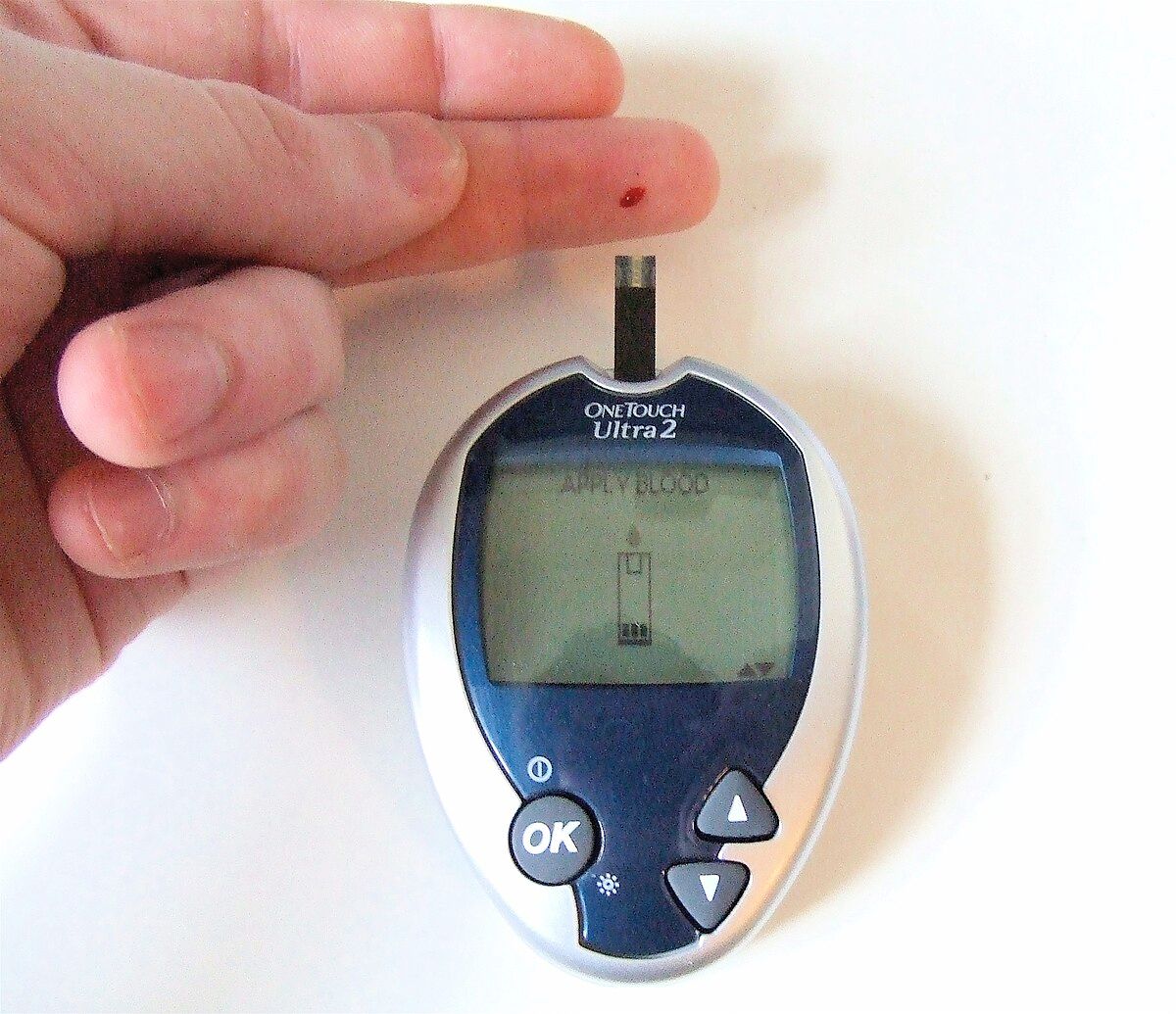
7. **Personalizing Your Watermelon Experience: Monitoring Blood Sugar**Even with general guidelines for incorporating watermelon into a diabetes-friendly diet, your personal physiological response holds the ultimate truth. Individual reactions to various foods, including fruits like watermelon, can differ significantly among people with diabetes due to unique metabolic rates, medication regimens, and insulin sensitivity. This is precisely why consistent monitoring of your blood sugar levels after consumption is not just a recommendation but a crucial step in personalizing your dietary approach and building confidence in your food choices.
Using modern monitoring techniques, such as continuous glucose monitors (CGMs) or traditional blood tests, you can effectively track how watermelon specifically affects your blood glucose. Testing your blood sugar approximately two hours after enjoying watermelon provides invaluable insights into your body’s unique metabolic response to its natural sugars. This data empowers you to understand precisely what portion sizes, timings, and food pairings work optimally for *you*, ensuring you can savor this refreshing fruit without compromising your blood sugar management goals. This iterative process of eating, monitoring, and learning is foundational for effective, self-managed diabetes care.

8. **Beyond Blood Sugar: Comprehensive Health Benefits of Watermelon**While managing blood sugar levels is a primary concern for individuals living with diabetes, it’s equally important to appreciate the broader spectrum of health benefits watermelon offers. Its remarkably high water content, making up approximately 90% to 92% of the fruit’s weight, is a powerful ally in maintaining optimal hydration. Staying adequately hydrated is vital for numerous bodily functions, including efficient nutrient transport, effective waste removal, and plays a significant role in regulating blood pressure, which is a critical aspect of comprehensive diabetes care and cardiovascular health.
Furthermore, watermelon stands out as an excellent source of potent antioxidants, most notably lycopene and Vitamin C. Antioxidants are fundamentally crucial for protecting your cells from damage inflicted by free radicals, unstable molecules that contribute to oxidative stress and inflammation—both recognized as heightened concerns in diabetes progression and its complications. Lycopene, in particular, has been extensively studied and recognized for its potential to support robust heart health and significantly lower the risk of cardiovascular disease, a common and serious complication frequently associated with diabetes. Additionally, the presence of citrulline, an amino acid found in watermelon, supports healthy blood vessel function and may contribute to improved circulation.
In addition to these protective qualities, watermelon is naturally low in calories, making it a highly supportive component for effective weight management strategies. Maintaining a healthy weight is a cornerstone of effective diabetes control, as it directly impacts insulin sensitivity and overall blood sugar regulation. By offering substantial hydration, essential vitamins and antioxidants, and a notably low caloric impact, watermelon can undoubtedly contribute to a balanced, varied, and health-promoting diet that actively supports your overall well-being and helps you reach your health objectives.

9. **Navigating Watermelon with Specific Health Needs: When to Consult Your Care Team**Despite watermelon’s general suitability for a diabetes-friendly diet when consumed mindfully, individual circumstances can significantly dictate specific dietary modifications. Every person’s diabetes journey is unique, and factors such as existing diabetes-related complications, co-morbidities like heart or kidney disease, or varying medication regimens can profoundly influence how certain foods should be approached. This inherent individuality underscores the paramount importance of engaging in open and regular dialogue with your trusted healthcare provider or a qualified registered dietitian.
For instance, if you are managing certain diabetes-related complications, such as advanced heart disease or kidney issues, your doctor may advise limiting particular fruits, including watermelon, due to their fluid content, potassium levels, or natural sugar concentration. These are precisely the scenarios where generalized dietary advice needs to be finely tuned and adapted to your specific physiological needs and overarching health objectives. Your dedicated healthcare team possesses the expertise and holistic understanding of your condition to provide truly personalized guidance, ensuring your dietary choices align perfectly and safely with your comprehensive treatment plan.
A registered dietitian, in particular, can serve as an invaluable resource. They can work collaboratively and empathetically with you to create an individualized meal plan that not only effectively fulfills your unique nutritional needs and helps you consistently meet your glycemic targets but also robustly supports you in reaching and maintaining a healthy weight. Having a meal plan meticulously tailored to include foods you genuinely enjoy is essential for long-term adherence, fostering positive health behaviors, and ultimately enhancing your overall well-being. This collaborative approach turns uncertainty into empowered dietary freedom.
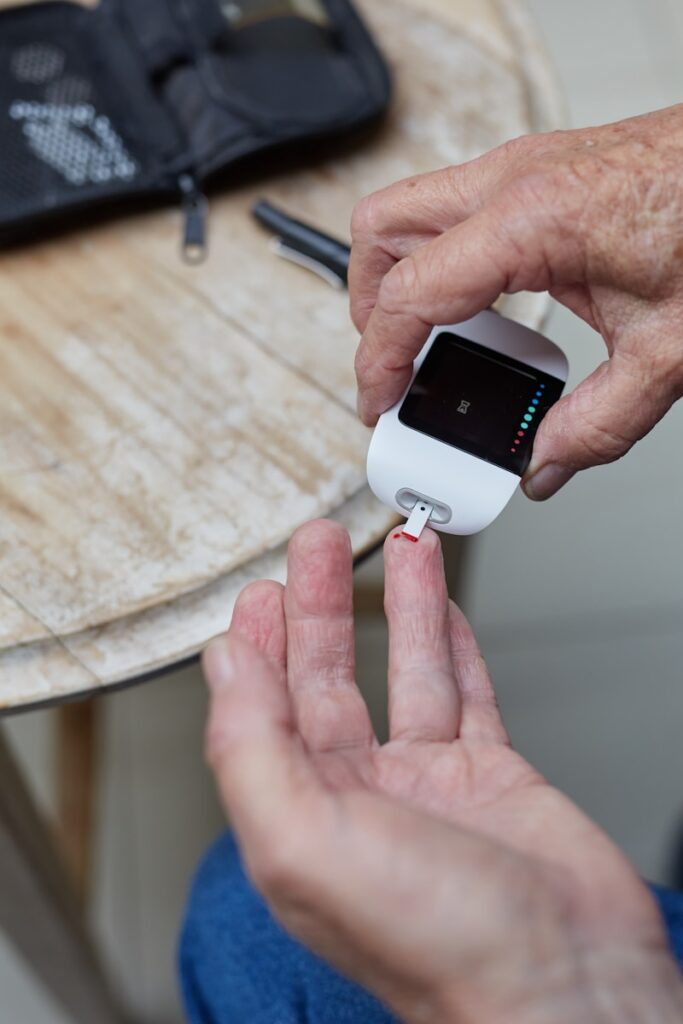
10. **Understanding Exceptions: Fruit Juice for Hypoglycemia Management**While the overarching recommendation for individuals managing diabetes is to consistently prioritize whole fruit over any form of fruit juice, there exists one critical exception to this rule: the immediate management of episodes of hypoglycemia, or abnormally low blood sugar. In such emergent instances, the very rapid absorption of sugar into the bloodstream is precisely the desired and necessary outcome required to quickly elevate dangerously low blood glucose levels back into a safe and stable range.
For this specific, urgent, and potentially critical scenario, your doctor or healthcare provider may explicitly advise you to consume a small, measured amount of fruit juice. Unlike whole fruit, which contains beneficial dietary fiber that acts to slow down the absorption of sugars, fruit juice provides a quick and readily available surge of glucose to the bloodstream. This makes it an incredibly effective immediate treatment for hypoglycemia, designed to act swiftly. However, it is absolutely essential to adhere strictly to your doctor’s precise recommendations regarding the exact quantity of fruit juice to consume. Exceeding this recommended amount can inadvertently lead to an undesirable rebound spike in blood sugar. It is vital to remember that this targeted use of fruit juice is a specific medical intervention, not a general daily dietary recommendation.

11. **Practical Wisdom for Watermelon Enjoyment: Smart Choices and Pitfall Avoidance**To truly master the art of judiciously including watermelon in your diabetes-friendly diet, integrating smart choices and consciously avoiding common dietary pitfalls is key. The fundamental principle is to always choose fresh, whole watermelon whenever possible. Eating raw, diced watermelon provides not only its natural, refreshing sugars but also a modest amount of beneficial fiber, ample hydrating water, and essential nutrients, all without the unwelcome presence of added ingredients or concentrated sugars that can adversely affect blood sugar stability. This choice champions the fruit in its most natural and beneficial form.
Conversely, it is best to avoid watermelon juice and other highly processed fruit options, especially those with added syrups or sugars. Fruit juices, even those from 100% fresh fruit, fundamentally concentrate the natural sugar content of multiple fruit portions into a single, easily consumable serving. This concentrated sugar leads to a much quicker, higher, and more pronounced blood sugar spike. Furthermore, the juicing process often removes or significantly reduces the vital dietary fiber. If, due to availability or circumstance, canned fruit becomes your only option, always meticulously choose varieties packed exclusively in water or natural juice, and explicitly verify that there are no added sugars.
Beyond the form of consumption, strategic food pairing remains a cornerstone of intelligent watermelon enjoyment for diabetics. Integrating watermelon alongside a balanced meal that intentionally includes healthy fats, protein sources, or additional fiber—such as a small handful of almonds, a piece of plain cheese, or a serving of Greek yogurt—can significantly help to slow down the absorption of its natural sugars. This leads to a more gradual and sustained rise in blood sugar levels after eating, preventing sharp spikes. This mindful approach allows you to fully relish watermelon’s invigorating taste while effectively and confidently managing your diabetes.
12. **Watermelon in Context: Comparing Fruit Choices for Diabetics**Understanding how watermelon thoughtfully stacks up against other commonly consumed fruits can further empower you to make the most blood-sugar-friendly choices for your overall diet. Watermelon, with its natural sugar and remarkably high water content, generally presents with a low glycemic load when consumed in proper, controlled portions, making it a viable and refreshing option for many. However, the vast world of fruits offers a diverse and complex range of nutritional profiles, and discerning these differences can greatly enhance your strategic meal planning and dietary flexibility.
When considering fruits that may require more cautious consumption or should be consciously limited, those with higher concentrations of natural sugar are often key. Fruits like grapefruit, peaches, and apricots, while inherently healthy and packed with vitamins, may potentially raise blood sugar levels more quickly if consumed in large amounts. Similarly, dried fruits, such as raisins, dates, or dried cranberries, are essentially highly concentrated sources of sugar. Their lack of water content means it’s much easier to overeat them, making them more likely to cause significant and rapid blood sugar spikes. It’s also crucial to remain acutely mindful of sugary fruit drinks, regular sodas, sweetened teas, and energy drinks, which are frequently laden with substantial amounts of added sugars and often hidden sugars that lead to swift, detrimental, and unmanaged blood sugar increases. Unsweetened beverages, particularly plain water, are consistently the superior and most diabetes-friendly choices.
In delightful contrast, some fruits are particularly excellent choices for proactive diabetes management due to their beneficial compositions. Berries, including luscious blueberries, tart raspberries, and sweet strawberries, are frequently lauded as some of the absolute best fruits for individuals with diabetes. They are notably lower in natural sugars, boast a higher fiber content, and are generously packed with powerful antioxidants, all collectively contributing to superior blood sugar control and overall health. Other notable comparisons include bananas, which naturally contain more sugar and carbohydrates than an equivalent serving of watermelon, typically necessitating a smaller portion for effective blood glucose management. Cantaloupe shares many beneficial similarities with watermelon, being water-rich and quite suitable in small, mindful servings, especially when thoughtfully paired with healthy fats or proteins. Grapes, however, due to their concentrated sugar content, should generally be limited or enjoyed in very small portions and always alongside a balanced meal to mitigate their potential impact on blood sugar.
The journey to confidently include foods like watermelon in a diabetes-friendly diet is one of informed choices, mindful consumption, and, most importantly, personalized understanding. By embracing comprehensive knowledge about nutritional profiles, leveraging strategic food pairing, and maintaining open, proactive communication with your dedicated healthcare team, you empower yourself to savor the vibrant and diverse flavors of life, including that invigorating slice of watermelon, while steadfastly prioritizing your health and well-being. Remember, effective diabetes management isn’t about rigid deprivation, but about intelligent, empowered, and joyous inclusion within a balanced lifestyle.

